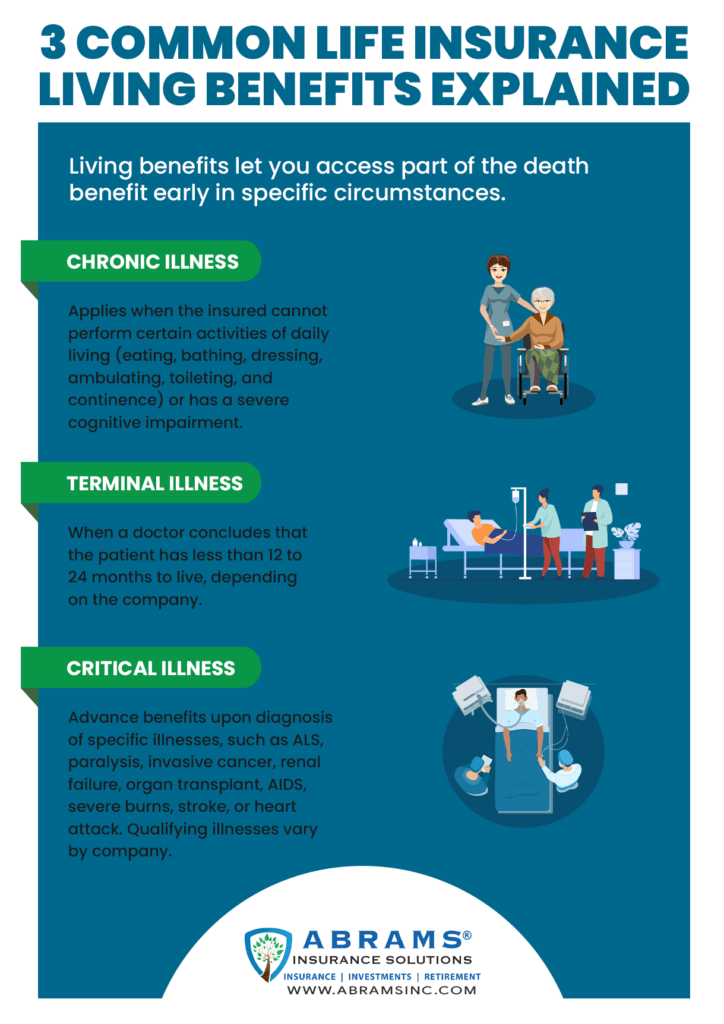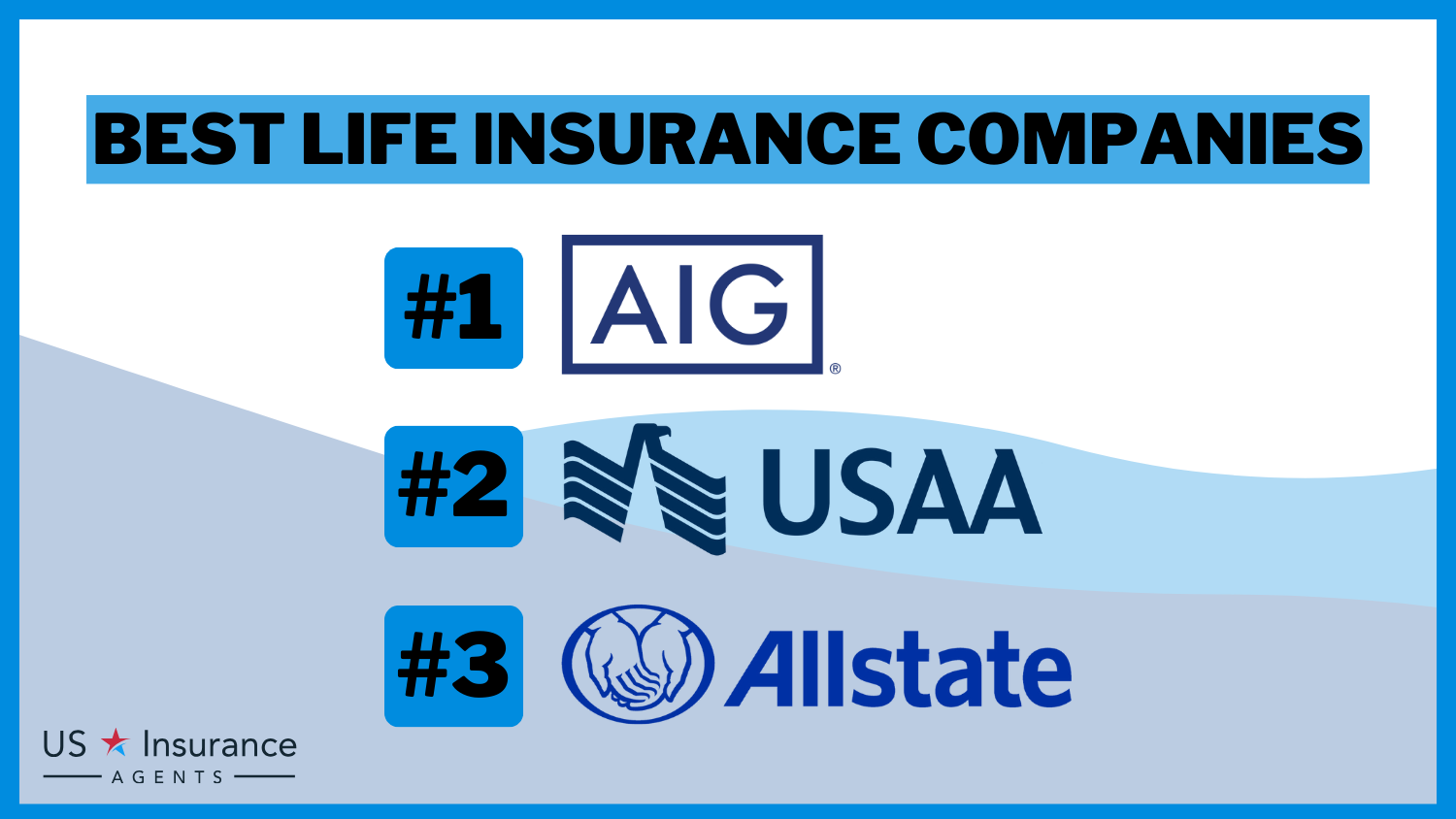Introduction
In the aftermath of a car accident, the admission of fault by one of the involved parties can have profound implications. Such an admission can potentially simplify legal proceedings, accelerate insurance claims, and influence the determination of liability.
The acknowledgment of fault typically occurs in one of two ways: either through a direct statement by the responsible individual or via an admission made to law enforcement officers at the scene of the accident. While admitting fault may seem like a straightforward action, it is crucial to understand the potential consequences before making such a declaration.
It is important to note that admitting fault does not necessarily equate to legal liability or a guilty verdict. However, it can significantly impact the insurance claims process, as insurance companies often rely on such admissions when assessing fault and determining compensation.
Legal Implications
In the legal realm, admitting fault can be a double-edged sword. On the one hand, it can expedite the resolution of the case by eliminating the need for extensive investigations and witness testimony. This can save both time and resources for all parties involved, including the courts, attorneys, and insurance companies.
On the other hand, admitting fault can also limit the responsible party’s legal options. For instance, it may make it more challenging to pursue a counterclaim or seek damages from the other party if they are also found to be at fault.
Insurance Implications
When it comes to insurance claims, admitting fault can have a significant impact on the process. Insurance companies often use fault determinations to assign liability and calculate compensation. Therefore, admitting fault can make it more likely that the responsible party’s insurance company will accept liability and provide coverage for damages.
However, it is essential to remember that insurance companies are businesses, and their primary goal is to minimize their payouts. As such, they may scrutinize admissions of fault carefully and seek to find any inconsistencies or mitigating circumstances that could reduce their liability.
Conclusion
Admitting fault in a car accident is a decision that should not be taken lightly. It can have significant legal and insurance implications that could impact the outcome of the case. Before making such an admission, it is crucial to carefully consider the potential consequences and seek legal advice if necessary.
If you find yourself in a situation where you are contemplating admitting fault for a car accident, it is essential to gather as much information as possible, including witness statements, police reports, and medical records. This documentation can help you make an informed decision and support your position if necessary.
Admitting Fault in a Car Accident
In the aftermath of a car accident, the initial moments are often filled with a mix of shock, confusion, and adrenaline. However, one action that can have significant legal implications is admitting fault to the other party or to authorities at the scene. While it may seem like admitting fault is the right thing to do, it is important to understand the potential legal consequences before making any statements.
Legal Implications
An admission of fault can carry serious legal implications. In most jurisdictions, an admission of fault can establish liability for the accident, meaning you may be legally responsible for damages caused to the other party. This can have a major impact on the outcome of any subsequent legal claims or insurance proceedings. Moreover, admitting fault can limit your ability to contest responsibility for the accident later on. Once an admission of fault is made, it becomes much more difficult to argue that you were not at fault or that the other party shared some of the blame.
In some cases, an admission of fault can even be used against you in criminal proceedings, particularly if the accident resulted in serious injury or death. Therefore, it is crucial to carefully consider the potential legal consequences before making any statements that could be construed as an admission of fault.
If you are involved in a car accident, it is always advisable to remain calm and collected. Do not admit fault to the other party or to authorities at the scene. Instead, provide your contact and insurance information and seek medical attention if necessary. It is also important to document the accident by taking photographs and obtaining the names and contact information of any witnesses.
By following these guidelines, you can help protect your legal rights and ensure that you are not held unfairly responsible for an accident that was not your fault.
Admitting Fault in a Car Accident
In the aftermath of a car accident, emotions run high and it’s easy to say things we later regret. One such statement is admitting fault. While it may seem like the right thing to do at the time, it can have significant consequences down the road, especially when it comes to insurance claims.
Insurance Claims
Insurance companies are in the business of minimizing their payouts. An admission of fault can be a gold mine for them. By acknowledging responsibility for the accident, you’re essentially handing them a loaded gun. They can use this information to deny coverage, reduce your compensation, or even subrogate against you for damages paid to the other party.
For example, let’s say you admit fault for running a red light. The insurance company could argue that your negligence caused the accident, even if the other driver was speeding. As a result, they may only cover a portion of your damages or deny your claim altogether.
It’s important to remember that insurance companies are not your friends. They’re looking out for their own interests, not yours. That’s why it’s crucial to think carefully before admitting fault after a car accident. If you’re not sure what to say, it’s always best to consult with an attorney first.
Admitted Fault in a Car Accident: Understanding Its Implications
When involved in a car accident, acknowledging fault can significantly impact the legal proceedings and insurance claims. While admitting fault is often straightforward, there are exceptions and potential consequences to consider.
Legal Implications
In most jurisdictions, an admission of fault can be used as evidence against you in a legal case. It can be a damaging admission, as it can influence the judge or jury’s perception of your liability. Therefore, it’s crucial to be cautious before making such a statement, especially if you believe you may not have been entirely at fault.
Insurance Claims
In the context of insurance claims, admitting fault can expedite the process and lead to a quicker payout. However, it’s important to note that you may be giving up your right to seek compensation if you are only partially at fault or if the other party is more responsible. It’s advisable to consult with an attorney or insurance professional before making any admissions.
Exceptions
There are situations where an admission of fault may not hold up in court or be binding on your insurance claim. This includes instances when:
- The statement was made under duress or coercion.
- New evidence emerges that contradicts the initial admission.
- You can prove that the other party was more at fault.
- The admission was made without full knowledge of the facts.
- The admission is not in writing and cannot be independently verified.
It’s important to consider these exceptions and consult with a qualified professional before making any statements that could impact your legal rights or insurance claim.
Protecting Yourself
If you are not certain about who is at fault, it’s advisable to avoid assigning blame and instead focus on gathering evidence, such as witness statements, police reports, and photographs. Remember, your words can have significant consequences, so it’s crucial to proceed with caution and seek legal advice when necessary.
Admitting Fault in a Car Accident
After a car accident, the aftermath can be overwhelming. One of the most critical decisions you’ll face is whether to admit fault. While it may seem like the easiest option, doing so can have far-reaching implications. Let’s delve into the potential consequences of admitting fault in a car accident and how to navigate this crucial decision.
Consequences
An admission of fault can trigger a chain reaction of legal and financial repercussions. By acknowledging responsibility, you’re accepting liability for damages caused by the accident. This can translate into hefty insurance costs, soaring deductibles, and even civil lawsuits. Moreover, an admission of fault can increase the likelihood of criminal charges, especially if the accident involved serious injuries or fatalities.
Increased Insurance Costs
Insurance companies view admissions of fault as a significant risk factor. They assess that you’re more likely to be involved in future accidents, leading to increased premiums and higher deductibles. These financial burdens can strain your budget and make it harder to maintain insurance coverage.
Liability for Damages
Admitting fault means accepting legal responsibility for any injuries, property damage, or other losses incurred in the accident. This can result in costly lawsuits, lengthy court proceedings, and hefty settlements or judgments. You could be held liable for medical expenses, lost wages, pain and suffering, and even punitive damages if gross negligence is proven.
Potential Criminal Charges
In some cases, an admission of fault can lead to criminal charges, particularly if the accident involved reckless driving, intoxication, or other serious violations of the law. These charges can carry severe penalties, including fines, imprisonment, and loss of driving privileges. Furthermore, a criminal record can have long-term consequences for employment, housing, and even social interactions.
Navigating the Decision
Deciding whether to admit fault after a car accident is a momentous choice. It’s essential to weigh the potential consequences carefully before making a decision. If you’re unsure about your legal obligations or the potential implications of your admission, don’t hesitate to seek legal advice. A qualified attorney can guide you through the process and protect your rights.
Admitted Fault in a Car Accident: What You Need to Know
If you’ve been in a car accident, you may be wondering what to do if you believe you’re at fault. You might be worried about your insurance rates going up, getting sued, or even facing criminal charges. The best thing to do is to seek legal advice as soon as possible. An attorney can help you understand your rights and options and protect your interests.
Legal Advice
It’s important to talk to a lawyer before you make any statements about who’s to blame for the accident. Even if you think you’re 100% at fault, it’s still important to get legal advice. An attorney can help you understand the potential legal implications of your statements and make sure that you’re protecting your rights.
Insurance
If you admit fault for the accident, it’s likely that your insurance rates will go up. However, the amount of the increase will vary depending on your insurance company and your driving history. It’s important to talk to your insurance company about what will happen to your rates if you admit fault.
Liability
If you’re found to be at fault for the accident, you could be held liable for the damages caused by the accident. This could include damage to property, medical expenses, and lost wages. In some cases, you could even be held liable for punitive damages, which are meant to punish you for your negligence.
Criminal Charges
In some cases, you could face criminal charges for causing a car accident. This is especially true if you were driving under the influence of alcohol or drugs, or if you were driving recklessly.
What to Do if You’ve Admitted Fault
If you’ve already admitted fault for the accident, it’s important to take steps to protect yourself. First, you should contact your insurance company and report the accident. You should also get a copy of the police report and any other documentation related to the accident. Finally, you should contact an attorney to discuss your legal options.
What Not to Do if You’ve Admitted Fault
There are a few things you should avoid doing if you’ve admitted fault for a car accident. First, don’t try to hide the accident from your insurance company. This will only make things worse in the long run. Second, don’t make any statements about the accident to anyone other than your attorney. This includes talking to the other driver, the police, or witnesses.
Conclusion
If you’ve been in a car accident, it’s important to take steps to protect yourself. This includes seeking legal advice, reporting the accident to your insurance company, and getting a copy of the police report. By taking these steps, you can help to ensure that your rights are protected.




Leave a Reply